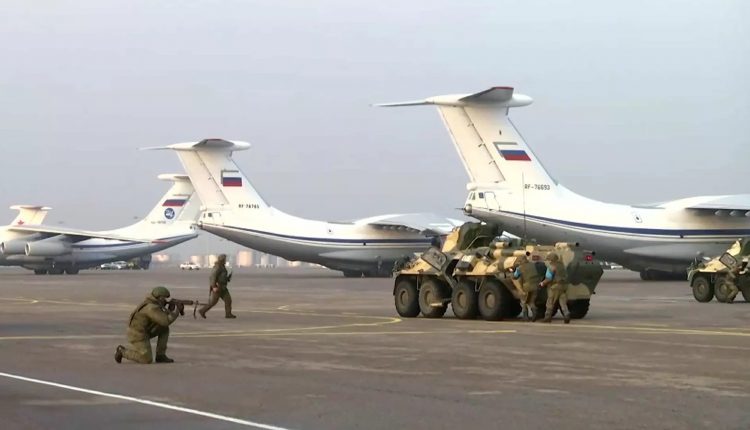
Introduction
Kazakhstan, the world’s largest landlocked country, holds strategic importance in Central Asia. Its vast territory, incredible natural resources, and emerging economy make it a focal point for various international agendas. As global dynamics shift, understanding Kazakhstan’s role becomes vital for analysts, investors, and those interested in global development.
Geographical and Cultural Context
Spanning over 2.7 million square kilometers, Kazakhstan features diverse landscapes ranging from steppes to mountains and deserts. The country boasts a rich cultural heritage, influenced by various civilizations over centuries. Kazakhstan is a melting pot where over 130 ethnic groups coexist, leading to a unique cultural tapestry that includes traditional music, art, and cuisine.
Economic Landscape
Since gaining independence from the Soviet Union in 1991, Kazakhstan has made substantial economic strides. With abundant resources such as oil, gas, and minerals, the nation has become a significant player in the global energy market. In 2022, Kazakhstan’s GDP grew by 3.2%, with further increases forecasted for 2023 due to rising demand in natural resources and international investments. The government’s initiatives to diversify the economy away from fossil fuels towards renewable energy are also drawing attention.
Geopolitical Significance
Kazakhstan occupies a key geographical position, serving as a bridge between Europe and Asia. It is a member of various international organizations, such as the United Nations and the Eurasian Economic Union, and actively promotes regional stability and economic collaboration. Most recently, Kazakhstan’s diplomatic relations with neighboring countries have been pivotal in addressing regional security and trade issues.
Recent Developments
In current events, Kazakhstan has been focusing on technological innovation and sustainable development. The government launched the ‘Digital Kazakhstan’ initiative, aiming to modernize the economy through technology and digitalization. Furthermore, its ongoing relationships with global powers like China and Russia continue to impact local and international policies.
Conclusion
Kazakhstan stands at a crucial juncture, poised to integrate further into the global economy while preserving its rich cultural identity. As the country embraces modernization and diversification, it is essential for investors, policymakers, and global citizens to pay attention to Kazakhstan’s evolving role in the international arena. The country’s future could serve as a model for development in Central Asia, offering insights into balancing modernization with cultural heritage.



